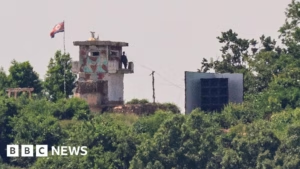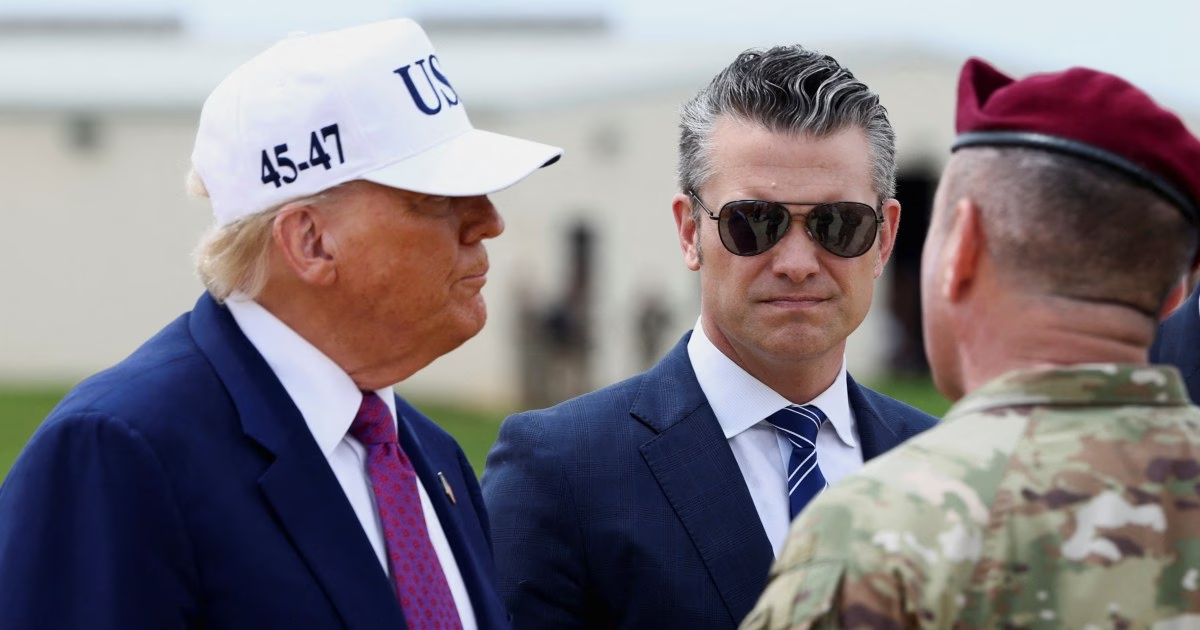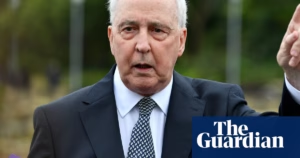US Central Command (CENTCOM) announced on Wednesday that Defense Secretary Pete Hegseth has authorized the departure of military dependents in the region and is monitoring the escalating tensions.
The decision to have nonessential personnel leave the US Embassy in Baghdad, which is already operating with a limited staff, is based on the commitment to ensuring the safety of Americans both domestically and internationally, according to the Department of State.
US President Donald Trump stated that the order to withdraw staff was made because the region could become dangerous.
“We’ll see what happens,” Trump commented, adding that “they can’t have a nuclear weapon. Very simple. We’re not going to allow that.” referring to Iran.
Uncertainty has increased as negotiations between the US and Iran regarding Iran’s nuclear program appear to be at a stalemate.
US news outlet CBS reported that US officials have been informed that Israel is prepared to launch an attack on Iran and that Washington anticipates possible retaliation from Tehran targeting American sites in nearby Iraq.
Alan Fisher, Al Jazeera’s correspondent in Washington, DC, noted recent high-level discussions between military officials and the Trump administration regarding the Iran nuclear talks.
“We are seeing an effective partial evacuation of the embassy in Baghdad,” Fisher said, with non-military and non-essential personnel being relocated and voluntary evacuations occurring in other regional embassies.
He pointed out that such evacuations have happened before due to concerns that the embassy could become a target for Iranian-aligned militias in Iraq.
“It’s possible that these actions aim to pressure Iran, considering Donald Trump’s statement that there could be military action if a deal couldn’t be reached,” Fisher added.
As US embassy staff and dependents started leaving the region, Iran’s mission to the United Nations stated on social media that “Iran is not seeking a nuclear weapon and US militarism only fuels instability.”
“Threats of ‘overwhelming force’ won’t change the facts. Diplomacy—not militarism—is the only path forward,” the Iranian mission emphasized.
Threats of “overwhelming force” won’t change facts:
Iran is not seeking a nuclear weapon, and U.S. militarism only fuels instability.CENTCOM’s legacy of fueling regional instability, through arming aggressors and enabling Israeli crimes, strips it of any credibility to speak on …
— I.R.IRAN Mission to UN, NY (@Iran_UN) June 11, 2025
Meanwhile, Iranian Defence Minister General Aziz Nasirzadeh expressed hope for successful talks with the US and stated that Tehran is ready to respond to any aggression.
“If conflict is imposed on us, the opponent’s casualties will certainly be more than ours. America must leave the region because all its bases are within our reach,” he said, emphasizing that Iran has access to these bases and would target them without hesitation.
The sixth round of talks between the US and Iran, scheduled to discuss limits on Iran’s nuclear program in exchange for sanctions relief, is tentatively set for this weekend in Oman, with US Middle East envoy Steve Witkoff expected to attend.







